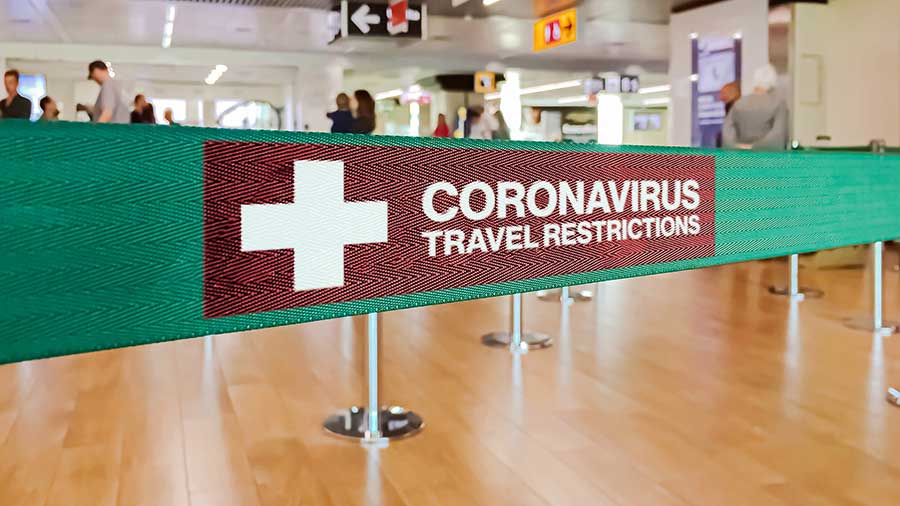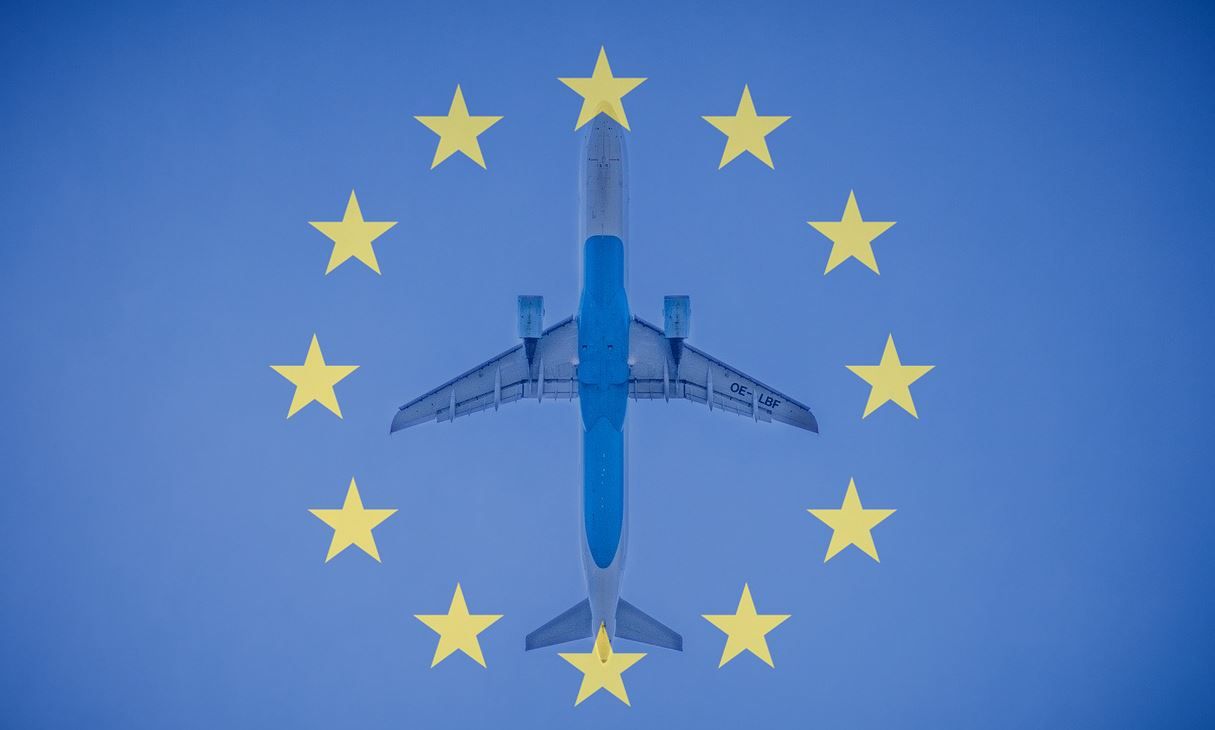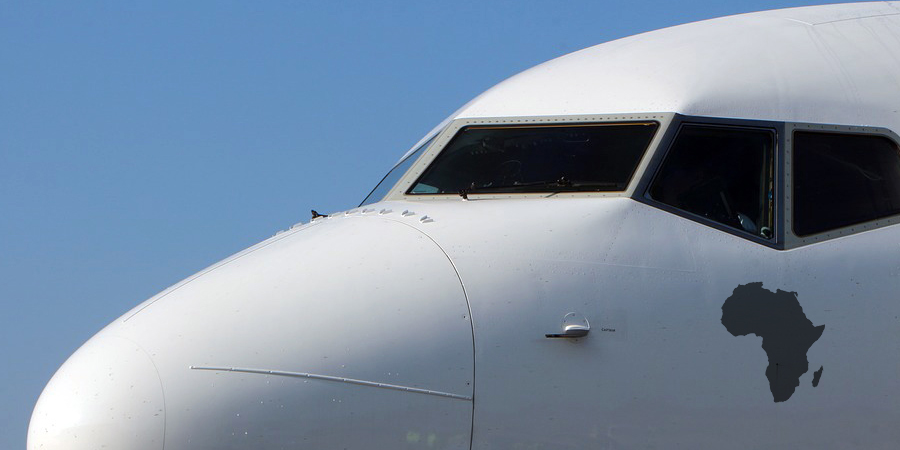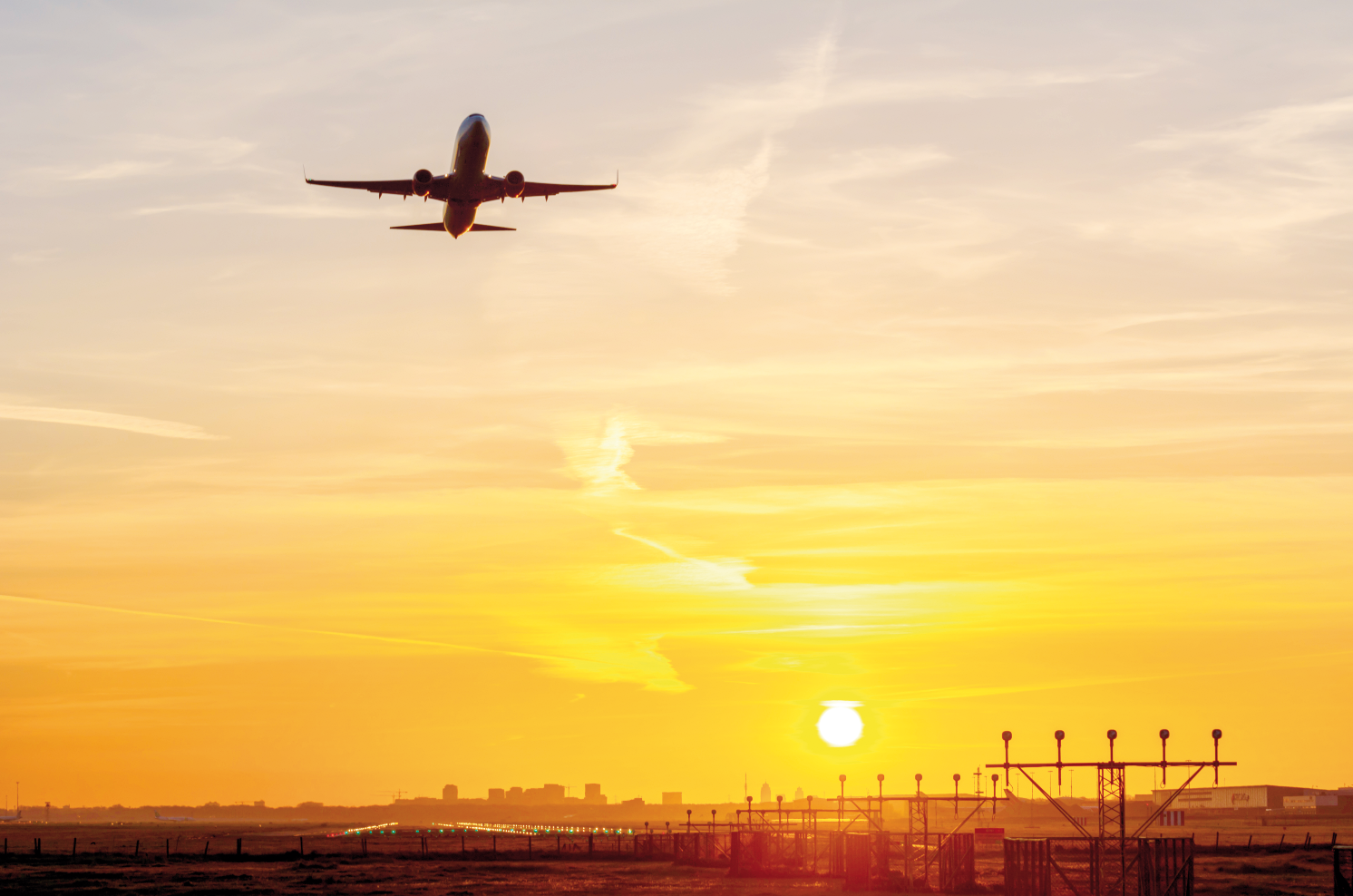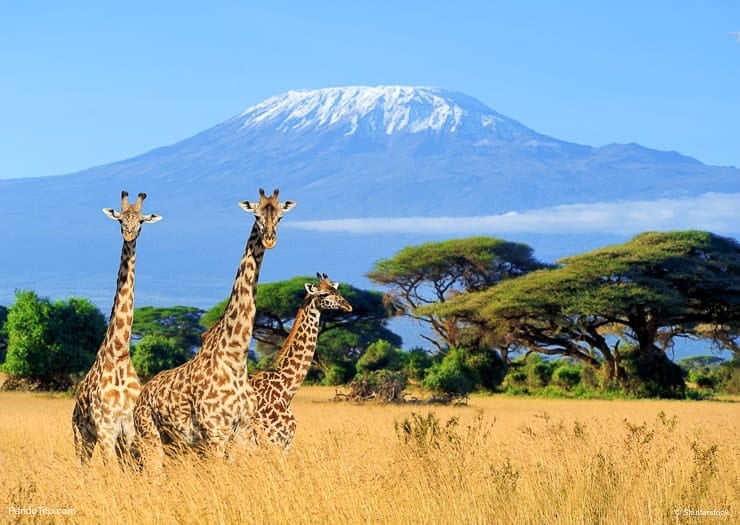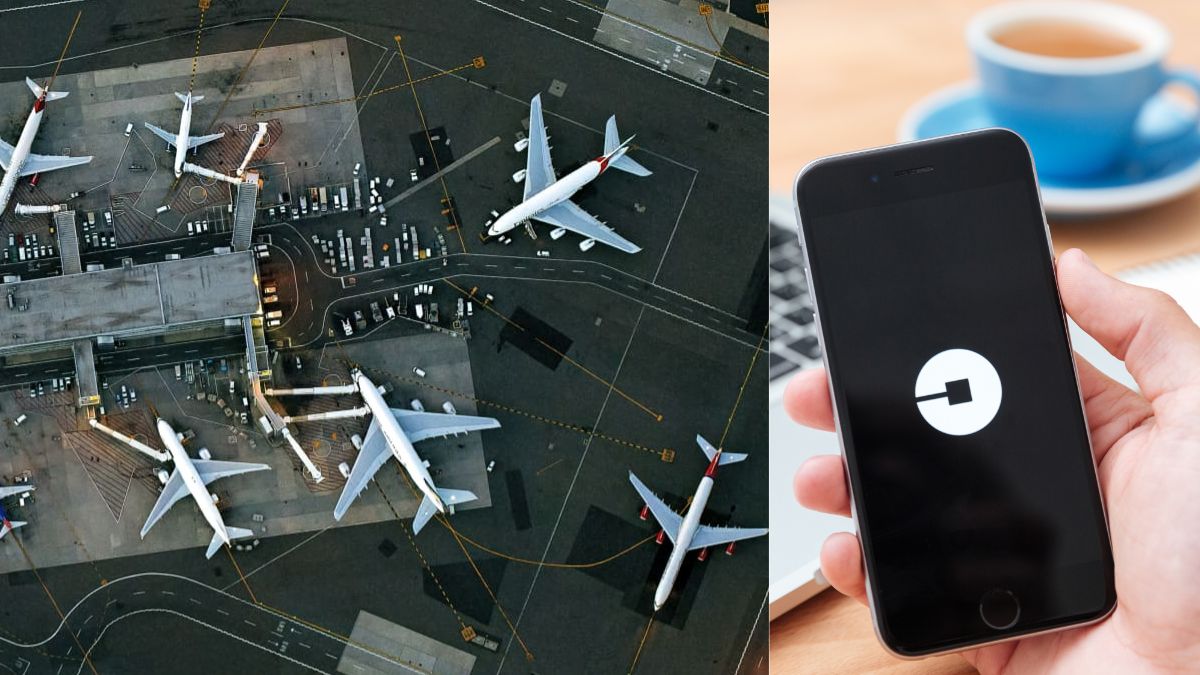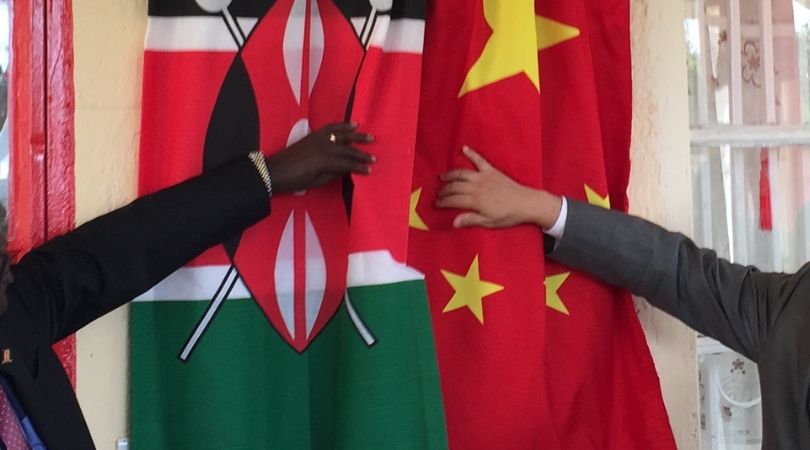More African states are liberalising travel for their peers, indicating a positive trend towards more open travel policies on the continent.
Africa is moving toward greater integration as more states make progress in their freedom of travel policies, the latest edition of the African Visa Openness Index (AVOI) reveals.
This comes on the back of a revived push for a single African air transport market, with an initial pilot involving 17 African states to facilitate air mobility on the continent.
In a boost for African economies, AVOI figures show travel within the continent has become more open in 2022, with an even split between visa-free travel and travel where a visa can be obtained on arrival.
In the past year alone, 10 countries on the continent have improved their visa openness score, allowing more travellers to enter African countries without restrictions.
Benin, The Gambia, and Seychelles now offer visa-free entry to Africans from all other countries, whereas, in 2016 and 2017, only one country did so.
Twenty-four African states now offer an eVisa, five more than five years ago while 36 others have improved or maintained their Visa Openness Index score since 2016.
Furthermore, 50 countries have maintained or improved their score relative to 2021, often by removing some of the pandemic-induced visa policy restrictions implemented during the pandemic.
Most states (48) now offer visa-free travel to the nationals of at least one other African country, and 42 countries offer visa-free travel to the nationals of at least five other African countries.
Lower-income countries make up a large share of the top-20 ranked countries on the index with liberal visa policies, with 45 per cent classified as low-income and a further 45 per cent classified as lower middle-income.
The AVOI index analyses the visa requirements of each country on the continent and tracks changes in their scores over time.
TRAVEL DEMAND
Marie-Laure Akin-Olugbade, Acting Vice President, Regional Development, Integration and Business Delivery African Development Bank (AfDB) notes that Africa has made great strides towards returning to pre-pandemic normality in 2021-22.
“The vast majority of countries eased restrictions on movement. Industries that bore the brunt of the pandemic — tourism, hospitality, and others — are rebounding and travel has surged, both within Africa and around the world,” she stated in response to the report.
“The increase in travel is driven in large part by pent-up personal demand, but also by the realisation that many businesses depend on human movement, and that investment thrives on it.”
The rise in visa-free travel and eVisa availability is seen as a promising development for Africans, who have historically faced significant barriers to travel within the continent.
The easing of restrictions is also positive for African economies, which stand to benefit from increased tourism, and gives impetus to the African Continental Free Trade Area (AfCFTA) which is gaining traction.
According to African Union Commission Deputy Chairperson Monique Nsanzabaganwa, the links between free movement and the development of regional value chains, investment, and trade in services are clear.
“There is greater recognition that human mobility is key to Africa’s integration efforts,” she said.
While there is still room for improvement, the trend towards more open travel policies is seen by analysts and agencies alike as a step in the right direction, coming at a time when Africa’s post-COP recovery needs all the help it can get.
OPEN SKIES
Seventeen African nations are to start testing the Single African Air Transport Market between their territories, fully opening their skies to each other as part of the pilot – a first for the continent.
Intra-African air travel under the Single African Air Transport Market (SAATM), an initiative of the African Union to create a unified air transport market in Africa, is edging closer to reality, after 17 countries committed to a pilot programme.
At a meeting in Dakar on November 14, the ministers of transport and aviation from 17 countries launched the Single African Air Transport Market (SAATM) pilot to open their air transport markets to each other.
The countries are: Cabo Verde, Côte d’Ivoire, Cameroon, Ethiopia, Ghana, Kenya, Morocco, Mozambique, Namibia, Nigeria, Rwanda, Senegal, South Africa, Togo, Niger, Gabon and Zambia.
At the meeting, on the 23rd anniversary of the Yamoussoukro Decision, the nations also agreed to streamline their national airline service agreements.
The Yamoussoukro Decision is a treaty adopted by most members of the African Union establishing a framework for the liberalization of air transport services on the continent. Currently, 35 African countries are signatories of the agreement.
Despite the existence of the treaty, most African airlines have remained under protectionist policies.
SAATM hs receiving backing from key agencies, such as the African Civil Aviation Commission.
According to Adefunke Adeyemi, the secretary general of the African Civil Aviation Commission, “the commission will actively engage and collaborate with stakeholders to proceed with clear actions and timelines to achieve SAATM implementation.”
The 35 countries signed up to the SAATM Solemn Commitment of unconditional implementation constitute over 80 per cent of the continent’s aviation market.
In a 2020 report, Geopolitical Intelligence Services estimates there are 731 airports in Africa, half of which are internationally served by about 419 airlines.
The successful implementation of the Pilot Implementation Project and eventual full take-off of SAATM would have immense benefits for the continent, especially now that there are buzzing trade activities under the African continental free trade area (ACFTA).
According to the International Air Transport Association, IATA, “SAATM will open up Africa’s skies and promote the value of aviation throughout the continent by boosting traffic, driving economies and creating jobs.”
LIBERALISATION BENEFITS
A 2014 survey by IATA, Transforming Intra-African Air Connectivity: The Economic Benefits of Implementing the Yamoussoukro Decision, estimates that liberalisation of 12 African air markets would generate an additional 155,000 jobs to the sector and would attract about US $1.3 billion annually to the GDPs of the individual markets.
An even more recent study commissioned by the African Union dubbed ”Continental Study on the benefits of SAATM and Communication Strategy for SAATM Advocacy” indicates that the initiative would amass US $4.2 billion to the GDP, generate 596,000 new jobs besides leading to 27 per cent reduction in air fares, while also contributing to the UN Sustainable Development Goals, UN-SDGs.
In the short term, the pilot programme presents a lucrative opportunity for airlines from the continent to expand their operations into different markets.
Bilateral agreements between different countries that are current signatories to the SAATM programme and some legible members that will take part in the pilot project provide a great starting point for the full realisation of the programme.
The Democratic Republic of Congo and the Republic of Cote d’Ivoired’Ivoire are the most recent parties to come out and commit to bilateral agreements that appreciate SAATM guidelines. They will reinforce their cooperation in the air transport sector.
Through an agreement signed on 22 November in Abidjan, there were “modifications in accordance with the Yamoussoukro Decision following the commitments made by the two countries for the implementation of immediate measures necessary for the establishment of the single market for air transport in Africa” a joint press statement from the parties read in part.
South Africa, a key player in the continental air travel market, is strengthening its capacity by opening up smaller airports and elevating them to meet continental standards.
For instance, Kruger Mpumalanga International Airport, located 27km northeast of Nelspruit, will receive intercontinental flights. Flight 4Y142 from Frankfurt, Germany, via Namibia landed in the facility for the first time on November 16.
The tourism-rich city of Mbombela is projected to reap big from the upscaling of the Kruger Mpumalanga International Airport.
The popular recently-signed bilateral agreements between Kenya and South Africa add to a long list of inter-African aviation agreements that offer a base point for realising a single African air market.
Source: The Star


